Description
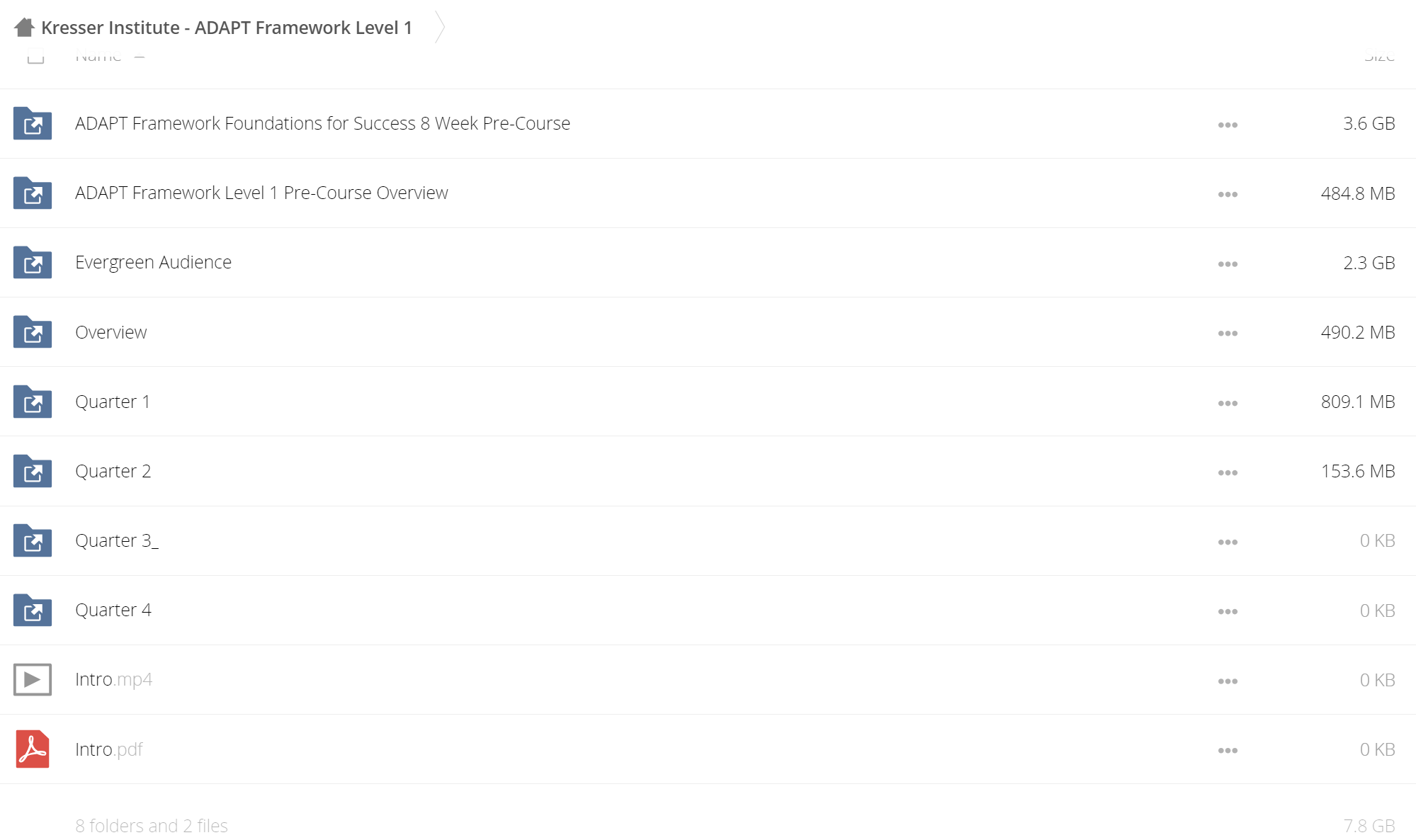
 Kresser Institute – ADAPT Framework Level 1
Kresser Institute – ADAPT Framework Level 1
Description
Chronic disease is skyrocketing. And our current approach to healthcare can do nothing to stop it.
Consider these sobering trends:
Chronic disease affects one out of two Americans and causes seven of 10 deaths in the United States.
100 million Americans—nearly one in three—have either prediabetes or diabetes.
50 million Americans (approximately one in six) have an autoimmune disease (more than cancer and heart disease combined).
One in 45 children now has autism spectrum disorder, up from just one in 500 in 1999. More children will be diagnosed with autism this year than with AIDS, diabetes, and cancer combined.
The rate of type 2 diabetes in children and teens is increasing by almost 5 percent a year.
Alzheimer’s is now the sixth leading cause of death in the United States; the number of deaths has increased by 89 percent since 2000. Alzheimer’s kills more people than prostate and breast cancer combined.
Chronic disease will generate $47 trillion in healthcare costs globally by 2030 if the epidemic is unchecked. That’s more than the annual GDP of the six largest economies in the world.
Chronic disease is sabotaging our health, and the current medical model is leaving patients sicker than ever—and practitioners like you exhausted, frustrated, and dismayed.
82% of practitioners agreed with the phrase:
“I am disillusioned with conventional medicine.”
Here’s why healthcare is in crisis (and conventional medicine falls short):
The problem is that our current healthcare system, as you well know, isn’t healthcare at all—it’s disease management—and as a practitioner, your hands are tied.
With conventional medicine, if a patient presents with…
stomach pain, they’re given an acid-suppressing drug
high cholesterol, they’re given a drug to lower it
a skin rash, they’re given a steroid to suppress it
What’s more, if a patient has a health problem that can’t be fixed by a pill—like an autoimmune disease, digestive disorder, or simply fatigue—conventional medicine has very little to offer.
Patients are desperate for a new approach that treats the underlying causes of chronic disease and recognizes that our diet and lifestyle are the primary factors in our health and disease.
A doctor with his hand on his face is discouragement
Kirk Parsley
As an MD, I’ve learned extremely important clinical information from Chris that was simply not taught to me throughout my five years of medical education.
“Any astute physician knows that our current medical model is not designed to keep Americans healthy. It is designed to treat disease. Allopathic medicine does not yet have the tools to design such a system. It will have to come from practitioners like Chris Kresser. Chris has the vision, knowledge, and clinical experience to be a major influence in shaping the new medical model: one that OPTIMIZES health.”
Kirk Parsley, MDFormer SEAL, physician for West Coast SEALs, Division Officer for SEAL Tactical Athlete Center
We need people like you.
Together, with a new approach to healthcare, we can turn the tide and reverse the course of chronic disease—for good.
Not only can you help stem the tide of chronic disease, but you can also enjoy a more fulfilling career—by giving yourself the tools and the model to do the one thing you got into this business to do: dramatically improve people’s health and lives.
A more effective approach and a more rewarding practice go hand in hand.
The world needs more Functional Medicine practitioners with an ancestral perspective—one that goes beyond symptom suppression to address the real issue: the mismatch between our bodies and our environment.
So what does this new, unconventional approach look like?
Imagine an approach to healthcare that aims to:
Prevent and reverse chronic disease, instead of just managing it
Offer inspiring, meaningful, and rewarding work to doctors, clinicians, healthcare providers, and practitioners
Build a collaborative network of allied healthcare practitioners who support their patients and each other every step of the way
Reduce the cost of healthcare for governments, organizations, and individuals
Provide that vital (and missing) layer of moral and emotional support to help patients make lasting diet, lifestyle, and behavior changes and cope with stress
Unconventional medicine is gaining traction as we speak.
Millions of people around the world have already reversed chronic diseases ranging from IBS to rheumatoid arthritis with Functional Medicine and an ancestral diet and lifestyle.
The Cleveland Clinic opened a center for Functional Medicine—and already has a six-month wait list.
Unconventional medicine is being successfully applied in private clinics, primary care groups, and even large institutions like Cleveland Clinic.
Christian Tucker
I can’t emphasize enough the benefits I’ve received from this program…
“As a mid-career physician making the transition from pediatric anesthesia into Functional Medicine, the ADAPT Program has provided me with a po
Health and Medical course
More information about Medical:
Medicine is the science and practice of establishing the diagnosis, prognosis, treatment, and prevention of disease.
Medicine encompasses a variety of health care practices evolved to maintain and restore health by the prevention and treatment of illness.
Contemporary medicine applies biomedical sciences, biomedical research, genetics, and medical technology to diagnose, treat, and prevent injury and disease,
typically through pharmaceuticals or surgery, but also through therapies as diverse as psychotherapy, external splints and traction, medical devices, biologics, and ionizing radiation, amongst others.
Medicine has been around for thousands of years, during most of which it was an art (an area of skill and knowledge) frequently having connections to the religious and
philosophical beliefs of local culture. For example, a medicine man would apply herbs and say prayers for healing, or an ancient philosopher and physician would apply bloodletting according to the theories of humorism.
In recent centuries, since the advent of modern science, most medicine has become a combination of art and science (both basic and applied, under the umbrella of medical science).
While stitching technique for sutures is an art learned through practice, the knowledge of what happens at the cellular and molecular level in the tissues being stitched arises through science.
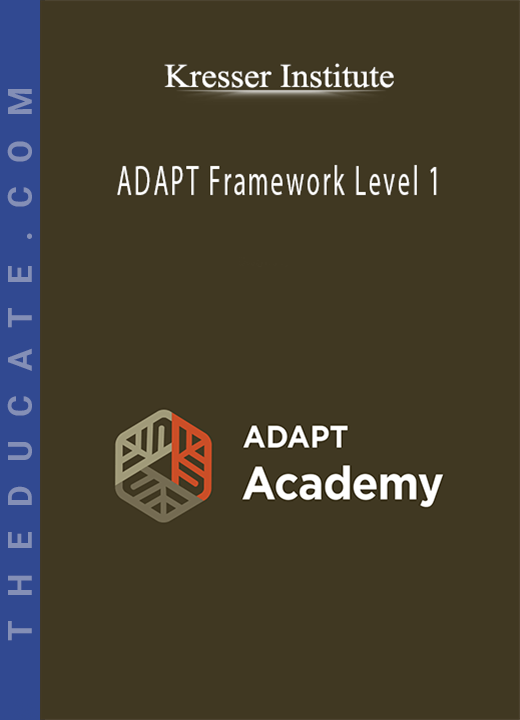


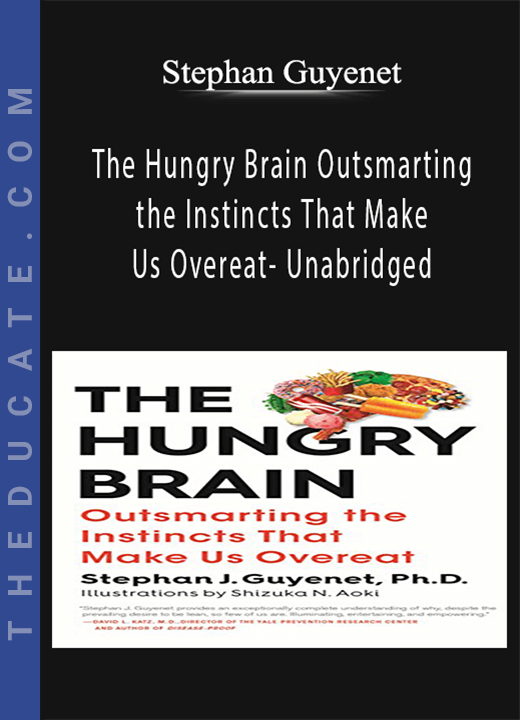
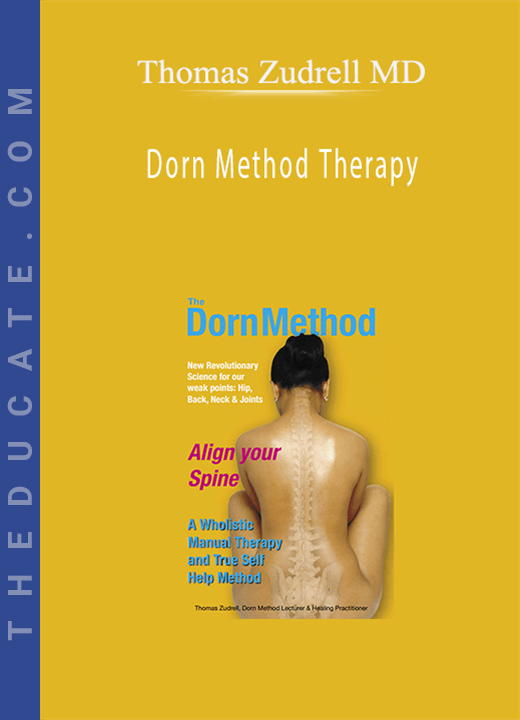
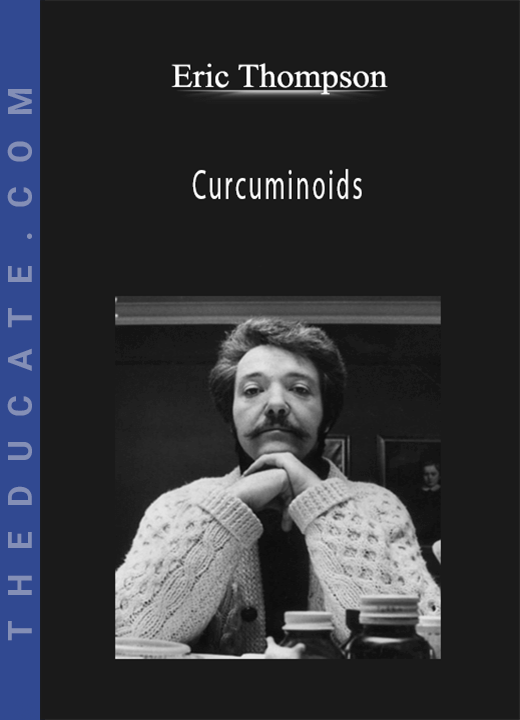
11 reviews for Kresser Institute – ADAPT Framework Level 1
There are no reviews yet.